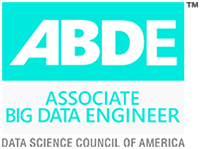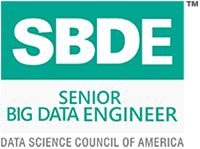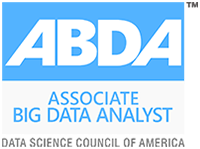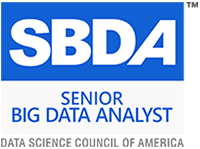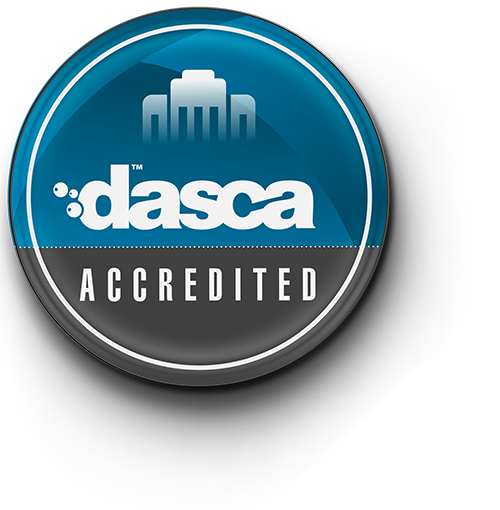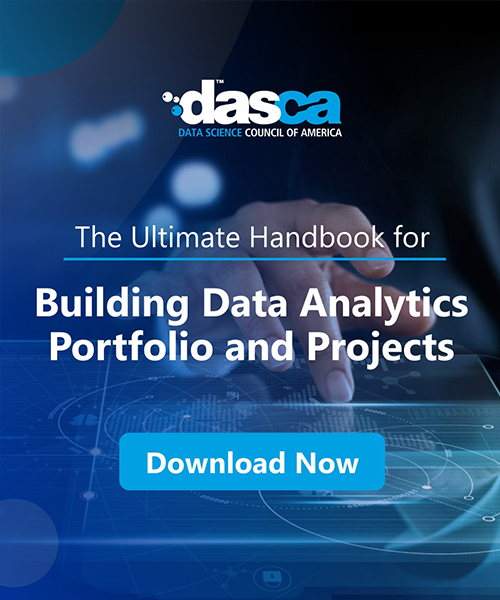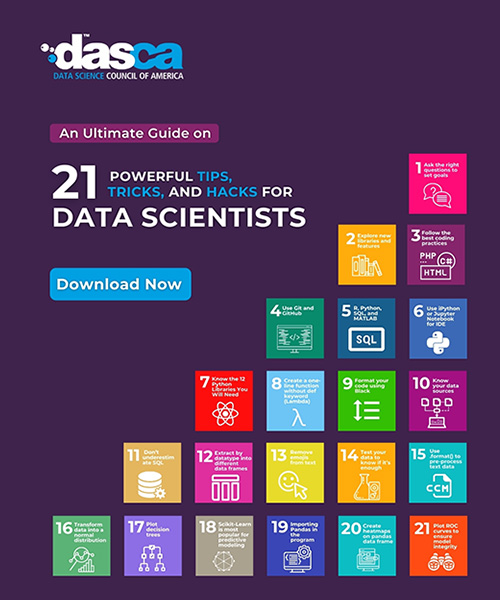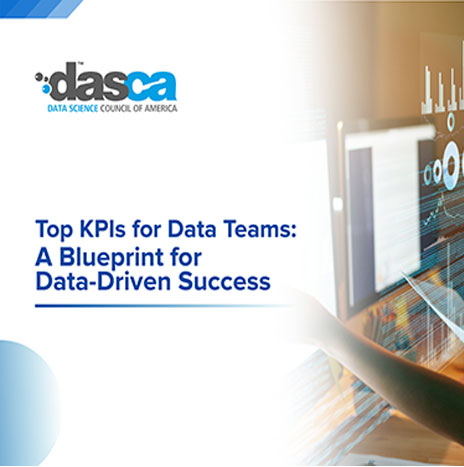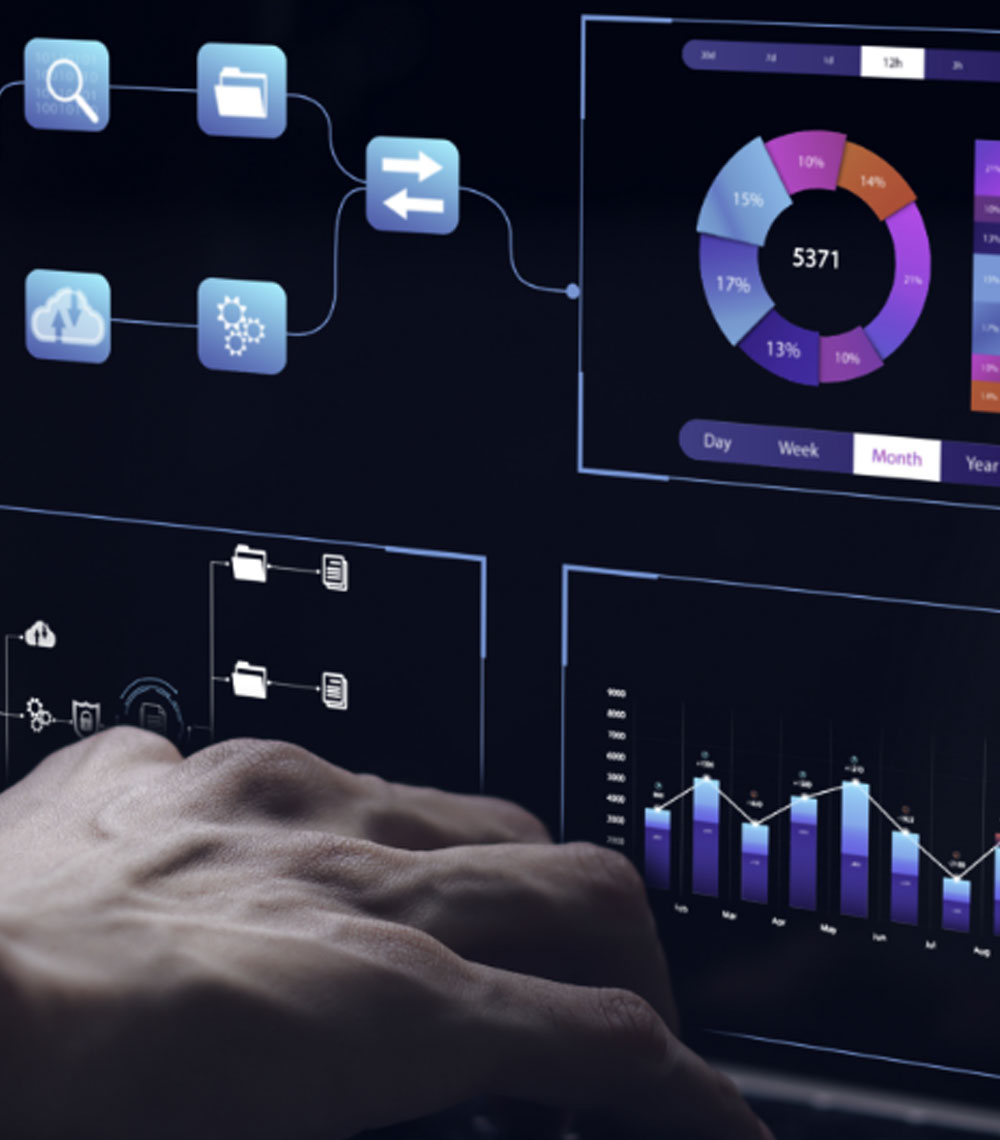
Enterprises today have understood the value of a data-driven business strategy. As they store and assess a large amount of data online, they require people who can take charge of managing, organizing, and assessing the information. Many organizations are hiring data analysts to meet their data requirements. What does a data analyst bring to the table?
Data analysts require specific skills and tools to make their mark and excel in their positions.
If you are just starting in your career and wondering what things you should be aware of, here is a primer on all you will need to land up in a top position in the field of data analytics.
What does a data analyst do?A data analyst is someone who applies technical skills to retrieve, organize and analyze data and report insights to help the organization enhance the production, efficiency, and other aspects of the business operations. Data analysts use the data and provide solutions to stakeholders in the form of updated systems, procedures, or protocols. Globally many industries take the help of data analysts to improve results and also to understand customer requirements and employee needs.
- Responsibilities for data analysts are:
- Gathering information, designing, and maintaining the data systems and databases.
- Summarizing patterns, which will be important for predictive analytics.
- Creating reports, which will effectively communicate trends and predictions with help of relevant data.
- Building custom solutions for process enhancements, system modifications, and develop policies for data governance.
- Collaborating with stakeholders to identify various opportunities that effect the organization and the industry.
If an individual is planning for a career as a data analyst, then he/she is required to know the wider context in which they will be working.
The Global Big Data Analytics Market was estimated at US$ 37.34 billion in 2018 and expected to reach US$ 105.08 billion by 2027 at a Compound Annual Growth Rate (CAGR) of 12.3 percent throughout the forecast period from 2019 to 2027.
Here, are the key factors to consider in the data analytics industry.
- Demand for data analysts in 2021
The more an organization depends on digital devices and services, the more information will be generated. This results in the tremendous growth of the data market, and also higher demand for data analysts. The demand for data analysts is exponentially growing at a rate of 41 percent per year. The data analytics and data science are in fourth place in the Toolbox list of top ten in-demand tech skills for 2021. Data analyst professionals can expect an impressive career in the future.
- Expected salaries for data analysts in 2021
Based on the job roles and responsibilities the salary figures vary.
According to Salary Explorer, the annual average salary range: US $41,800- US $137,000
1. Entry-level data analysts earn US $41,800
2. Mid-level data analysts earn US $87,200
3. Senior data analysts earn US $137,000
What are the tools used by data analysts?Business intelligence and analytics tools drive most of the data analyst roles. The key aspect is to understand the different functionalities that are needed to analyze and visualize data with the help of these tools. An individual can gain advance knowledge of these tools by enrolling in a data science certification course.
1. Tableau – This tool is used to analyze as well as to aggregate data. With the help of these tools, the analysts can create and share the dashboards and data visualizations with other team members.
2. GitHub - It is a platform, which is used by analysts for building and sharing technical projects. This is a very useful tool for those data analysts who use object-oriented programming like JAVA.
3. Google Analytics - Google Analytics (GA) supports the data analysts to get an understanding of the customer data, which consists of both the trends and areas of customer experience, which requires an improvement on call to actions (CTAs) or the landing pages.
What skills does the data analyst need?For a rewarding career as a data analyst, it is important to master these skills.
Below, are listed the top technical and non-technical skills required to become a data analyst:
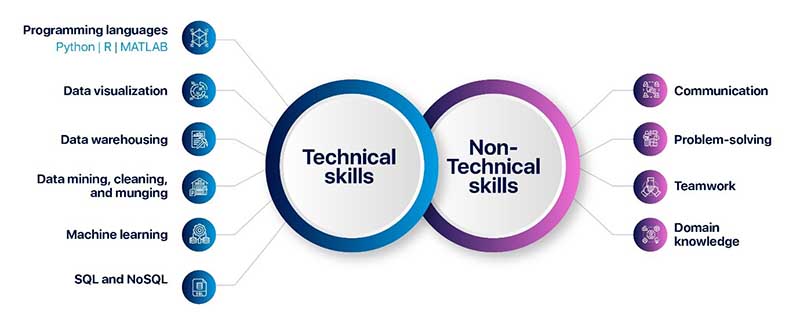
If an individual is planning a career as a data analyst, then pursuing a data science professional certification will be of a great advantage as they can learn the tools and the skills that are necessary for their jobs. Follow this list of important technical skills to ace the data analyst role.
- Programming languages
- Python – This is a high-level, general-purpose programming language highly used in data science, which gives a remarkable number of specialized libraries. Few libraries of Python are listed below:
- Numpy – This is a lower-level library used for data manipulation.
- Pandas – This is mainly used for data manipulation and data preparation.
- Scikit Learn – This library is for more advanced modeling like regressions and decision trees
- Matplotlib – This is helpful for plotting and data visualization
- R – This is one of the well-used programming languages in data analytics. The R’s structure and syntax are created to help the analytical tasks. R is among the most appealing programming language for businesses as it possesses the capacity to handle large and complex quantities of data. R has packages, which ensures to take care of analysis in an easier way. A few of the packages are:
- Ggplot2 – This package is helpful for data visualization
- Dplyr – This package is used for data manipulation and data preparation
- MATLAB – It is a programming language and multi-paradigm numerical computing environment that facilitates quick data cleaning, organization, visualization, algorithm implementation, data plotting, and matrix manipulations. It can execute any machine learning models created in its environment across multiple platforms.
- Data visualization
Data visualization is the representation of the data in an easy-to-digest way that includes charts, images, maps, and graphs. It gives better details of data-driven insights. The data analysts can support the business’s decision-makers to identify patterns and understand complex ideas at a glance.
- Data warehousing
It is that process, where creating virtual storage and organization systems of a firm’s data take place. The data analysts perform the tasks on the back-end. Their role is to connect the databases from multiple sources to build a data warehouse with the help of querying languages to find, manage, monitor the data, and also safeguard it.
- Data mining, cleaning, and munging
A data analyst is required to gather information from one or more sources and prepare the data so it can be used for numerical and categorical analysis. If the data is not stored appropriately in a database, the data analysts use certain tools to clean the unstructured data and process it through programming. In the process of munging the data is identified, extracted, and integrated to get a better dataset that is useful for analysis and exploration.
- Machine learning
Machine Learning (ML) offers computers to automatically learn and perform without the requirement of explicit programming. There are many organizations, which use highly technical machines to process works. The data analysts must possess knowledge on how to build, apply, and train the most appropriate models and algorithms to datasets to find solutions for specific problems.
- SQL and NoSQL
SQL or Structured Query Language, which is used for querying and handling large sets of data and processing information in relational databases. The unstructured data gets stored in a NoSQL database in the form of documents. The NoSQL database querying needs a proprietary language, which varies from SQL.
Important non-technical skills data analyst needsApart from technical skills, there are non-technical skills, which data analysts need to be successful.
- Communication
Communication is a key skill for data analysts. They are required to explain their findings to a variety of stakeholders, other data analysts, and IT representatives.
- Problem-solving
In their jobs, data analysts usually face a lot of technical issues. They should effectively be problem-solvers and come up with better solutions.
- Teamwork
Data analysts must be able to perform tasks with different teams. So that they can meet the business goals.
- Domain knowledge
Domain knowledge is an understanding that is relevant to the particular organization one works for. The domain knowledge helps data analysts to attain the relevant and resourceful insights from the data and transform it into useful information.
Final TakeawaysIf you are looking for a rewarding data analytics career, then you should develop your skills accordingly. Always explore various opportunities in different industries. It is always important to go through the job descriptions before applying because every firm demands a certain level of expertise. Based on it refine your professional portfolio, hone your online presence, and prepare for the interviews.






